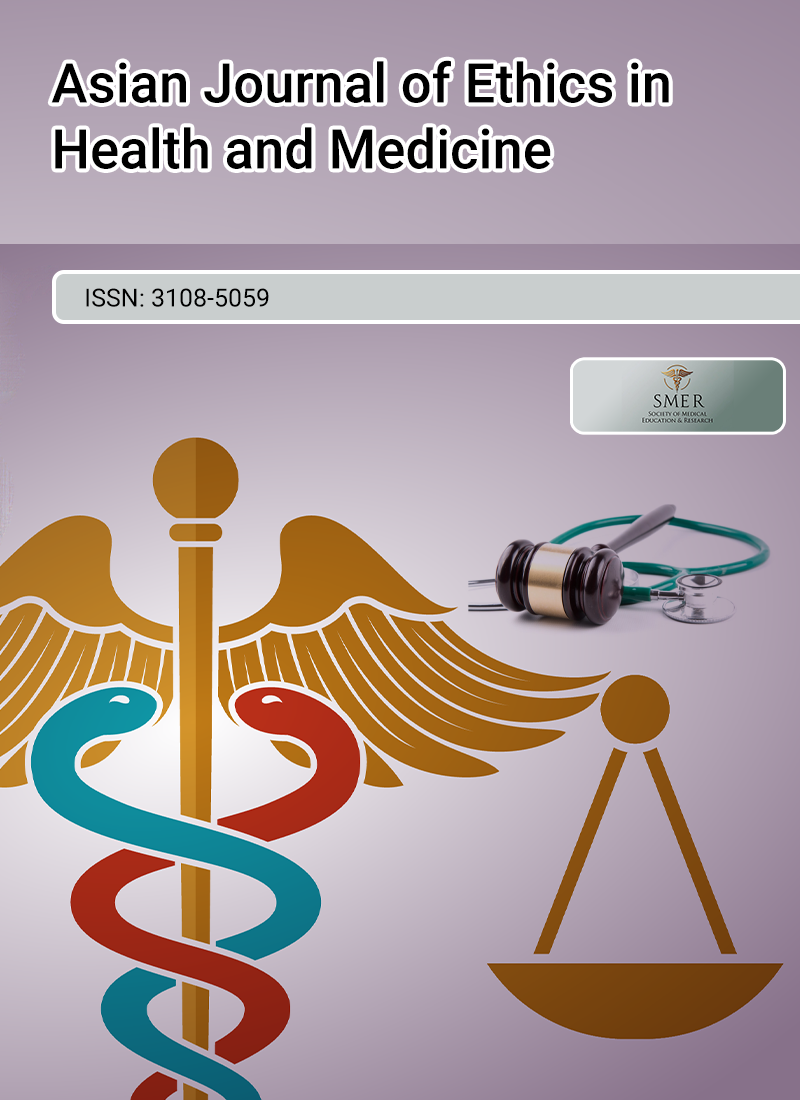
Rapid advancements in intensive care medicine and expanding technological capabilities have raised numerous ethical questions about decisions to withhold or withdraw treatment when it is deemed medically futile. This study aims to explore how intensive care physicians in Türkiye approach end-of-life decisions regarding medical futility and to provide an ethical analysis of these practices. A qualitative approach using grounded theory was applied. Semi-structured, in-depth interviews were conducted with eleven intensive care physicians in Türkiye, and the data were analyzed using MAXQDA software. Participants indicated that Turkish physicians’ determinations of treatment futility are guided by medical consensus but lack a standardized decision-making framework. Decisions are shaped by legal and societal pressures, limited resources, and occasional conflicts of interest. Professional hierarchy plays a significant role, often limiting the input of nurses and other team members. Consensus processes are informally guided by values such as benefit, age, justice, and conscience, with physicians’ personal moral judgments frequently taking precedence over formal ethical principles and guidelines. To support ethically sound decision-making, the dynamics within intensive care teams should be improved by reducing hierarchical barriers and promoting active involvement of all team members. Efforts should also focus on aligning physicians’ personal conscience with established ethical frameworks. The implementation of nationwide clinical ethics committees and formal clinical ethics guidelines could provide structured support to address these challenges.